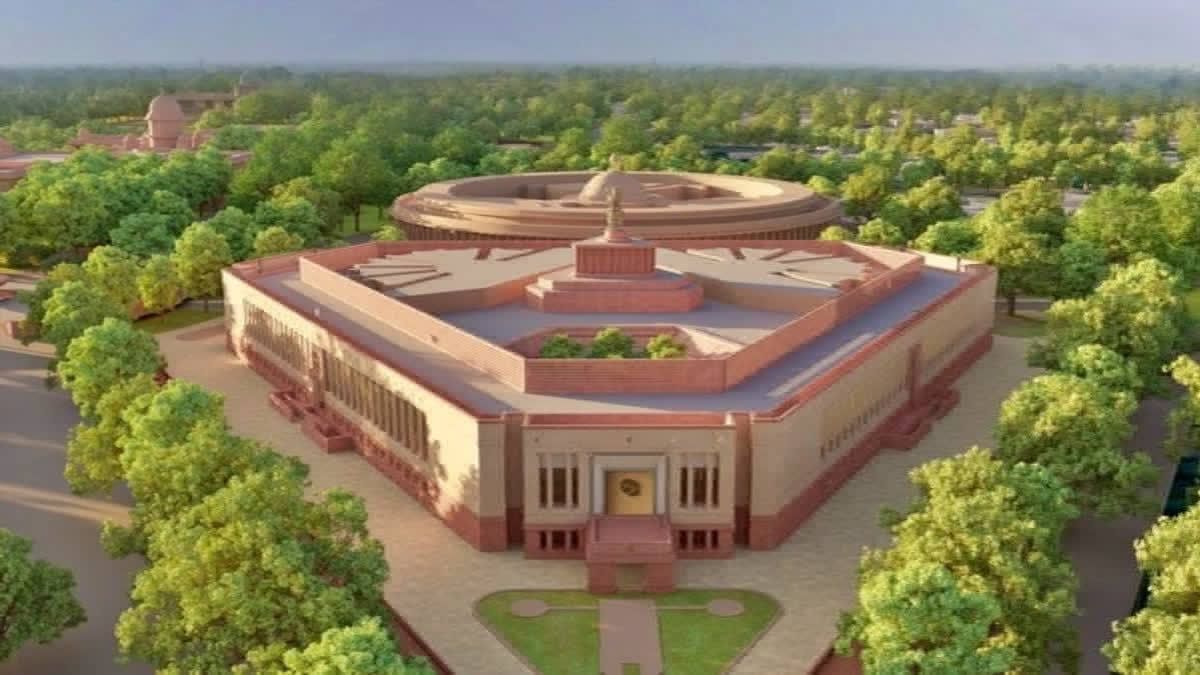New Delhi: The Public Accounts Committee (PAC) of the Lok Sabha in its latest report submitted in Parliament pointed out anomalies and discrepancies in infrastructure development in Left Wing Extremism (LWE) affected areas. In a report on the 'Implementation of Universal Service Obligation Fund (USOF) project (Phase-I) to provide mobile service in areas affected by Left-wing extremism relating to the Ministry of Communication,' the PAC has found that the vendors assigned by the Department of Telecommunication to provide electricity in the LWE areas got payments towards electric consumption for the sites, which were never provided electric connection.
The findings of the PAC come at a time when the Union Home Ministry has been claiming to give much more emphasis to the infrastructure development of LWE-affected areas. The committee emphasised concern about the imprudent selection of technology, delays in implementation, vendor-related issues and inadequate marketing strategies.
The committee notes from the reply of the Department of Telecommunication that BSNL called a tender for cost-effective implementation, considering security measures and green energy solutions.
"Due to challenges in LWE-affected areas, sites were changed during rollout. Some sites were commissioned without electric connection with vendors committed to maintaining uptime and efforts were made to provide electricity, but only 152 sites had received it," the PAC said in its report.
The maintenance of the electric connection and cost of electricity had to be borne by the vendor and since it was not separately specified, the vendor got payments toward electric consumption for the sites, which were never provided electric connection, the PAC report stated.
Imprudent Selection of Low Power BTS using 2G Technology
The committee observed that the project for providing mobile services in LWE-affected areas, funded by Universal Service Obligation Fund (USOF), had earmarked a significant initiative to offer communication services in remote regions. However, the technology chosen for the project was 2G, delivering sub-optimal performance and limiting augmentation possibilities.
Despite substantial commissioning, the project experienced delays ranging from 3 to 18 months, with an extended duration from September 2020 to June 2022. The committee found inadequate monitoring and evaluation, expressing concern about limited assurance regarding the realisation of expected outcomes despite an expenditure of Rs 3,112.32 crore.
Vendor Guided Selection of Technology Led to De-Facto Single Vendor
The committee has noted from audit observation that the DoT Committee recommended technology selection based on a proposal by M/S VNL, creating a de-facto single vendor situation.
The limited participation in the tendering process and a transfer of technology agreement between the participating vendors raised concerns about competition and indigenization. The committee recommended an open approach to encourage healthy competition and emphasised the need for a review of specifications to ensure qualification criteria and reasonable pricing.
It was found that the BSNL has received Rs 51.40 crore from USOF for the provision of electricity at 1028 LWE sites under the 1836 LWE project. However, electricity could be provided at 152 sites only."USOF had deducted the balance amount of Rs 48.30 crore against non-provision of electricity at 876 LWE sites," the PAC report said.
Read more: Telecom Connectivity In All Villages In Next 12 Months; Says Jyotiraditya Scindia



